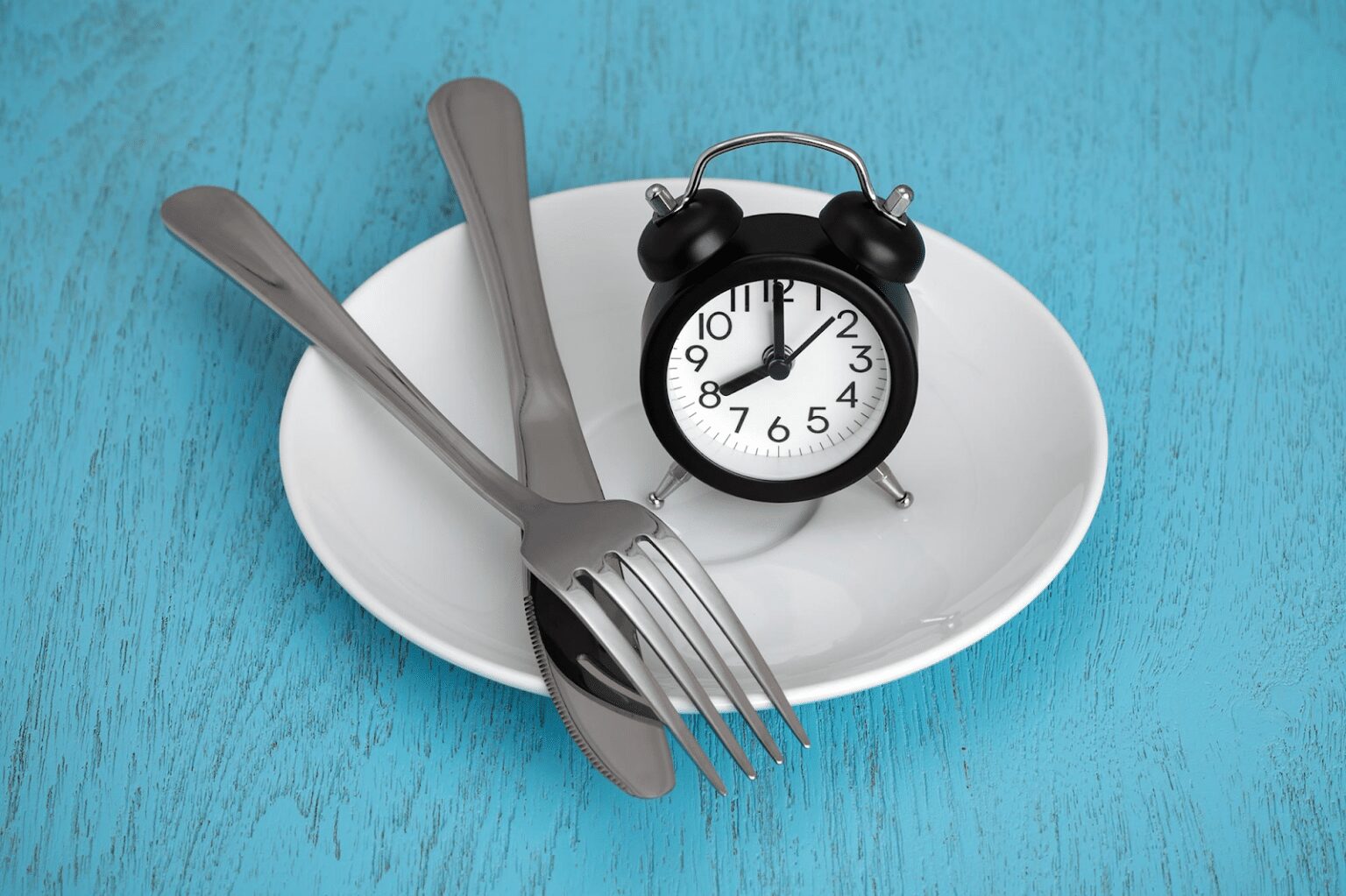Intermittent fasting is one of the most trending and effective ways of losing weight. Many nutritionists advise that this form of lifestyle makes a person eat for a certain hour and then fast for about 12-16 hours every day. Does it work the same way? Is there any health effect after maintaining this type of diet?
Rishi Sunak, who recently became the Prime Minister of the United Kingdom is also the youngest ever Prime Minister of Britain at the age of 42. He is deemed to be one of the most physically fit politicians till date in the country. When he was asked about the secret mantra of his health he said that at times he practices intermittent fasting, and skips his breakfast.
What is intermittent fasting?
Intermittent fasting is an eating plan that switches between scheduled fasting and eating and maintaining health. There are many diets that focus on what to eat, but intermittent fasting tells you the right time to eat.
When following such a diet plan, you may only eat during a specific time. Fasting and eating are done according to the recommended ratio depending upon the weight and body type of a person each day. Eating just one meal a couple of days a week can help your body burn fat. And scientific evidence points to some health benefits such as it can reverse and prevent many diseases.
Does intermittent fasting work? If yes then how?
Nowadays, when everything including food and entertainment is available in the comfort of our homes 24/7. We’re spending our days sitting and snacking. Extra calories and less activity can lead to serious health issues such as a higher risk of obesity, type 2 diabetes, heart disease, and other illnesses. Following are the recommended schedules for intermittent diet:
A. Alternate-day fasting- Eat a normal diet one day and completely fast the other day or have one small meal that should be less than 500 calories.
B. 5:2 – Eat a normal diet five days and fast two days a week.
C. Daily fasting- Eat normally but only within an eight-hour window each day which is 8:16 . For example, skip breakfast and eat dinner by 8 p.m.

Intermittent fasting is a proven successful formula for weight loss but it can sometimes harm women’s reproductive organs. Researchers from the University of Chicago have researched some Menopausal and non-menopausal women suffering from obesity. It reveals that this method of losing weight can increase the risk of infertility in women.
Intermittent fasting works by burning through the calories consumed during your last meal and begins burning fat.
Health Benefits of Intermittent Fasting
- Helps in weight loss
- Optimize cholesterol level
- Reduces blood pressure
- Reduce inflammation
- Reverse Arthritis
- Asthma
- Multiple sclerosis
- Stroke
- Improves Insulin Resistance, which Can Help Diabetes Prevention and Management
- Help in the prevention and treatment of cancer
Cons to Intermittent Fasting
There can always be some side effects to every diet if it’s not approached in the right way, here are some
- nausea.
- irritability.
- headaches.
- fatigue.
- faintness.
Food for intermittent
To lose weight or improve metabolism one should focus on nutrient-dense foods like fruits, vegetables, , whole grains, nuts, beans, and seeds, as well as dairy and adequate proteins.Following are some foods to be included for better results of intermittent fasting.
- Avocado
- Seafood
- Citrus fruits
- Probiotics
- Berries
- Eggs
- Water
READ MORE: “Act Local to Go Global” – The main theme of World Cities Day, 2022













